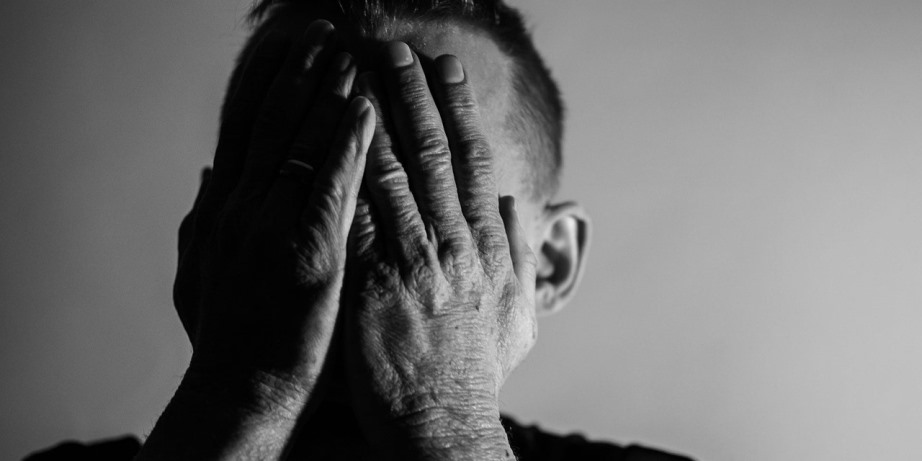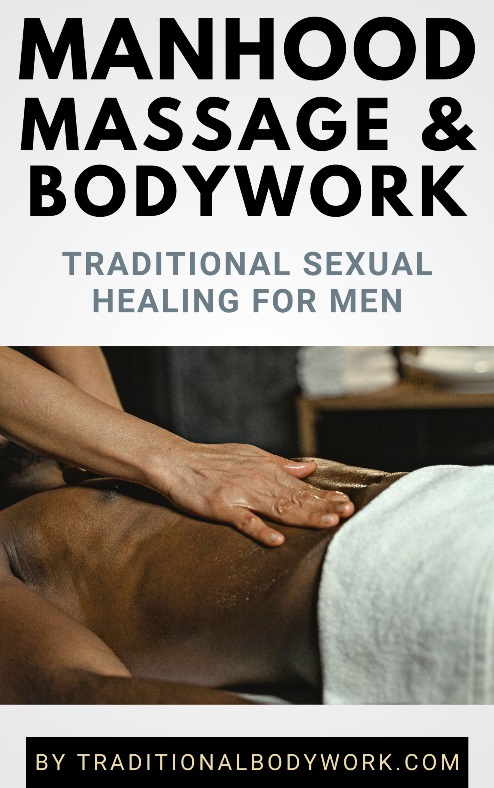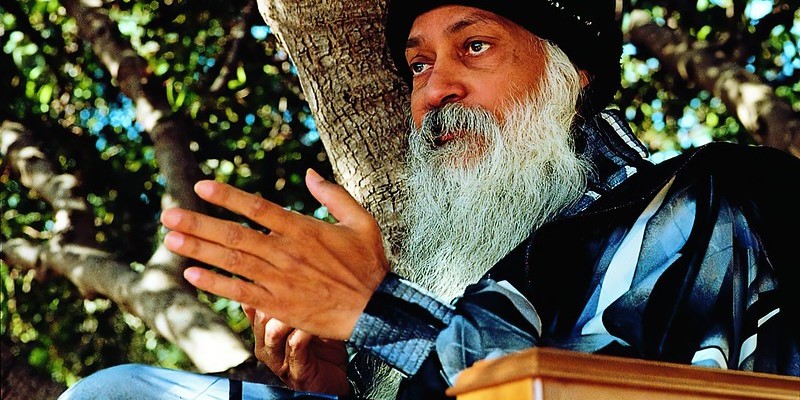
I’m sure we’ve all regretted certain things we’ve done in our lives. Or not done, for that matter.
Ideally, regret teaches us not to make the same “mis-takes” again. Additionally, when our actions or non-actions involved other people, well, if we can patch up, we should patch up. And if there’s something that needs to be forgiven, we should ask for forgiveness … or forgive. That serves our ideas of justice, and gives us and others peace of mind.
When it comes to actions and decisions not involving other people, but just us, ourselves — well, we should always try to forgive ourselves by realizing we just did the best we could, because we believed it was the best we should.

Whatever happens, we shouldn’t dwell in regret. To stay in regret creates stagnancy in our lives and prevents us of moving on, to live and flourish. Moreover, it would be quite ridiculous when we reach the end of our life span to die in regret over the fact that we’ve been living in regret.
You see, we do things for many reasons and sometimes we really don’t know why. We shouldn’t rush in too quickly to judge ourselves or others. Sometimes what we see, is not what it is. And sometimes — what things are, goes far beyond our imagination.
Sometimes we do recognize that what we did “wrong” had both its (hidden) motives and its unexpected results. And sometimes, suddenly, we come to see and realize we’ve gotten blessed with incredible grace.
Regret can be a powerful thing. It can make us move on becoming “better” than we think we were, and humbler also. It can shape us towards happiness, to peace, to being more of what-we-really-are — whatever may be the harsh consequences of what we (thought we) did.
















